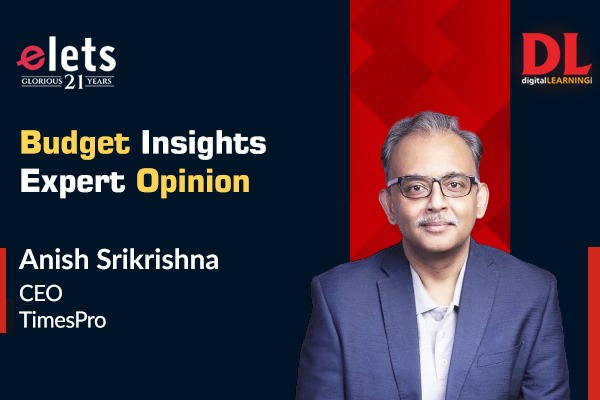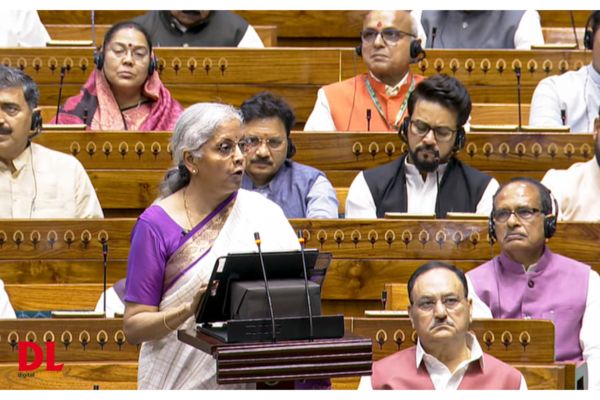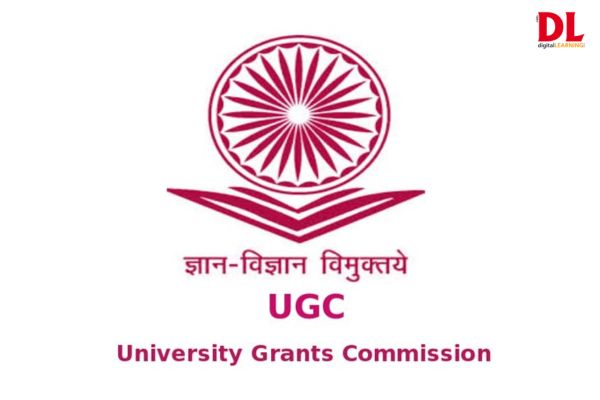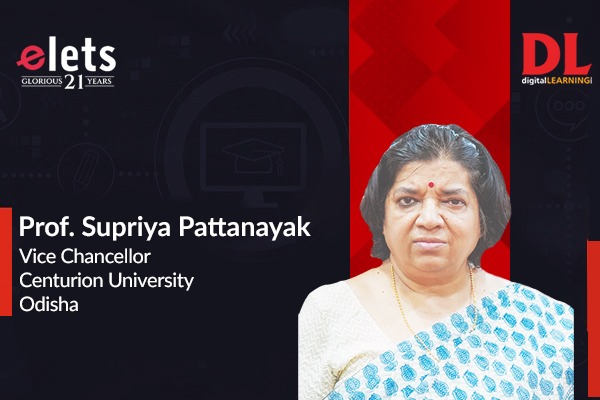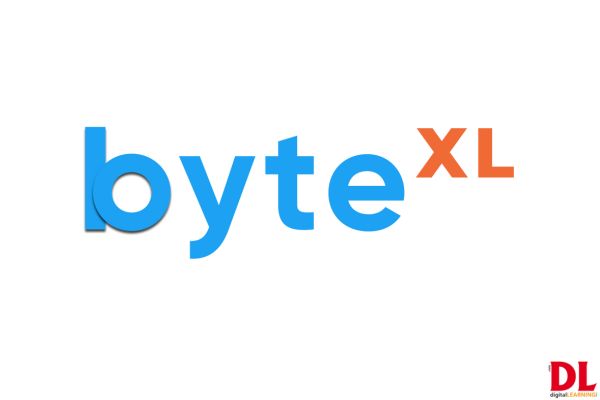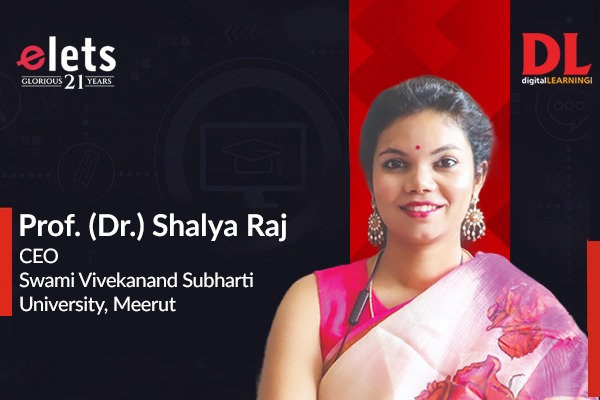Finance Minister Nirmala Sitharaman commenced the presentation of her seventh consecutive Union Budget 2024-25 today, marking a historic milestone as the first finance minister to achieve this feat. Surpassing former Prime Minister Morarji Desai’s record of six consecutive budgets from 1959-64, Sitharaman’s Budget also marks the first comprehensive financial plan under the Prime Minister Narendra Modi-led National Democratic Alliance (NDA) government’s third consecutive term.
The Union Budget, an annual financial statement from the central government, details proposed expenditures and revenues for the upcoming fiscal year (FY25) spanning April 1, 2024, to March 31, 2025. It highlights the government’s achievements from the past year and sets forth objectives and allocations for the year ahead, addressing policy needs and financial planning.
The Budget Session of Parliament commenced on July 22, with Sitharaman presenting the 2024 Economic Survey a day earlier. Scheduled for 16 sittings over 22 days, the session is anticipated to conclude on August 12.
FM Sitharaman on nine important priorities
The finance minister announced that the government has identified nine priority areas for focused development. These nine priorities are:
- Agriculture
- Employment
- Social justice
- Manufacturing
- Urban development,
- Energy
- Infrastructure
- Research and development
- Next-generation reforms
23 Jul 2024, 11:24 AM IST
During the Budget 2024 presentation, Finance Minister Nirmala Sitharaman announced, “The government will provide financial support for education loans up to ₹10 lakhs for higher education in domestic institutions.”
23 Jul 2024, 11:26 AM IST
Total Budget Allocation: Finance Minister Nirmala Sitharaman announced an allocation of ₹1.48 lakh crore specifically for initiatives targeting education, employment, and skills as part of the Union Budget for 2024-25.
23 Jul 2024, 11:29 AM IST
The Union Budget 2024-25 proposes a revision of the Model Skill Loan Scheme to support 25,000 students annually. E-vouchers for loans up to ₹10 lakhs for higher education in domestic institutions will be provided directly to 1 lakh students each year, offering an annual interest subvention of 3% on the loan amount.
23 Jul 2024, 11:31 AM IST
A new centrally sponsored scheme aims to skill 20 lakh youth over the next five years. Approximately 1,000 ITIs will be upgraded using a hub-and-spoke arrangement, with course content tailored to meet the needs of the industry, particularly in emerging sectors.
23 Jul 2024, 11:36 AM IST
Finance Minister Nirmala Sitharaman announced that the government will focus on increasing women’s participation in the workforce by setting up hostels and forming partnerships to organise women-specific skilling programs.
23 July 2024 12:10 PM IST
₹2 lakh crore allocated to employ 4.1 crore youth over the next 5 years
Union Finance Minister Nirmala Sitharaman proposed creating employment for about 4.1 crore youth over the next five years, with an allocation of ₹2 lakh crore. Additionally, ₹1.48 lakh crore will be allocated for skilling citizens to generate job opportunities, with plans to skill 20 lakh youth over the same period. The budget also includes upgrading 1,000 industrial training institutes.
A one-time wage incentive for first-time employees across all sectors will be provided through Direct Benefit Transfer (DBT). The government will also launch internship opportunities for one crore youth in 500 companies over the next five years. Interns will receive a monthly allowance of ₹5,000 and exposure to real-life work environments, with companies covering training costs and 10% of the training expenses through CSR funds. This Budget focuses on employment, skilling, MSMEs, and the middle class.
23 July 2024 12:13 PM IST
Focus on Skilling Programs:
- The government’s strategic plan to skill 20 lakh youth over the next five years.
- Major upgrade of 1,000 Industrial Training Institutes (ITIs) to provide industry-relevant skills.
- Introduction of new courses aimed at meeting emerging skill needs in various sectors.









